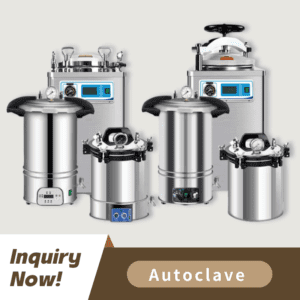
Industrial autoclaves function as large-scale high-pressure sterilization units meant to destroy bacteria and viruses along with other microorganisms found on medical and laboratory equipment. Through steam and pressure these machines sterilize healthcare tools to maintain safety and hygiene standards.
Industrial autoclave sterilization consists of three fundamental steps.
Apkure: Steam fills the autoclave chamber and raises its temperature to the predetermined level.
Pressurization: The autoclave chamber undergoes pressurization to allow steam to reach all surfaces of the equipment being sterilized.
Sterilizācija: The equipment undergoes exposure to high-temperature steam for a set period which effectively destroys all microorganisms.
Industrial autoclaves serve multiple industries for diverse applications.
Reusable equipment together with medical tools and surgical instruments undergo sterilization.
Ensuring compliance with strict hygiene standards.
Sterilizing laboratory equipment and waste.
Preventing cross-contamination in research and testing processes.
Sterilization of production materials and packaging.
Ensuring products meet safety regulations and industry standards.
Industrial autoclaves boast the capability to process massive amounts of equipment which makes them perfect for hospitals and both laboratory and production settings.
Manufacturers equip modern autoclaves with programmable control systems which enable users to tailor sterilization cycles to meet precise needs.
Industrial autoclaves feature energy-saving systems to lower operational expenses while preserving excellent performance.
Industrial autoclaves incorporate premium materials so they can operate efficiently for extended periods without performance degradation.
Industrial autoclaves fully sterilize medical equipment to lower contamination and infection risks.
Businesses can adhere to strict healthcare safety standards by implementing industrial autoclaves.
The sterilization capabilities of industrial autoclaves allow businesses to reuse equipment instead of purchasing disposables which leads to sustained cost reductions.
Industrial autoclaves can effectively sterilize diverse materials like metal, glass, and some plastic varieties.
Business owners should evaluate several factors when selecting an industrial autoclave for their operations.
Estimate how much equipment you need to sterilize daily to select an autoclave with sufficient capacity.
Verify that your autoclave conforms to recognized international sterilization standards including ISO 13485 and EN 285.
Select autoclaves with power-saving capabilities to reduce the costs of operation.
Select a supplier who delivers dependable maintenance services along with expert technical support.
The use of industrial autoclaves is crucial for preserving the cleanliness and safety standards of medical devices. Distributors, resellers and procurement professionals who invest in high-quality autoclaves can meet healthcare standards and optimize expenses. Contact us if you need dependable and effective industrial autoclaves.
Industrial autoclaves are designed for long-term use and can last 10–15 years or more with proper maintenance.
Industrial autoclaves are effective for sterilizing metal, glass, and certain plastics. However, some materials may not withstand high temperatures and pressure.
Regular maintenance is essential for optimal performance. It is recommended to schedule maintenance at least once a year or as per the manufacturer’s guidelines.
Many modern industrial autoclaves are designed with energy-efficient features, reducing their environmental impact.
Yes, most industrial autoclaves come with programmable control systems, allowing users to customize sterilization cycles based on their requirements.
For more information about industrial autoclaves or to request a quote, please contact us:
E-pasts: inquiry@shkeling.com
WhatsApp: Noklikšķiniet šeit, lai tērzētu
Tīmekļa vietne: https://autoclaveequipment.com/
Let us help you find the perfect sterilization solution for your business!

Sterilizācija ir būtisks infekciju kontroles prakses elements gan veselības aprūpes iestādēs, gan laboratorijās. Autoklāvā sterilizācija ar tvaiku ir efektīva daudzos gadījumos, bet nav optimāla, ja
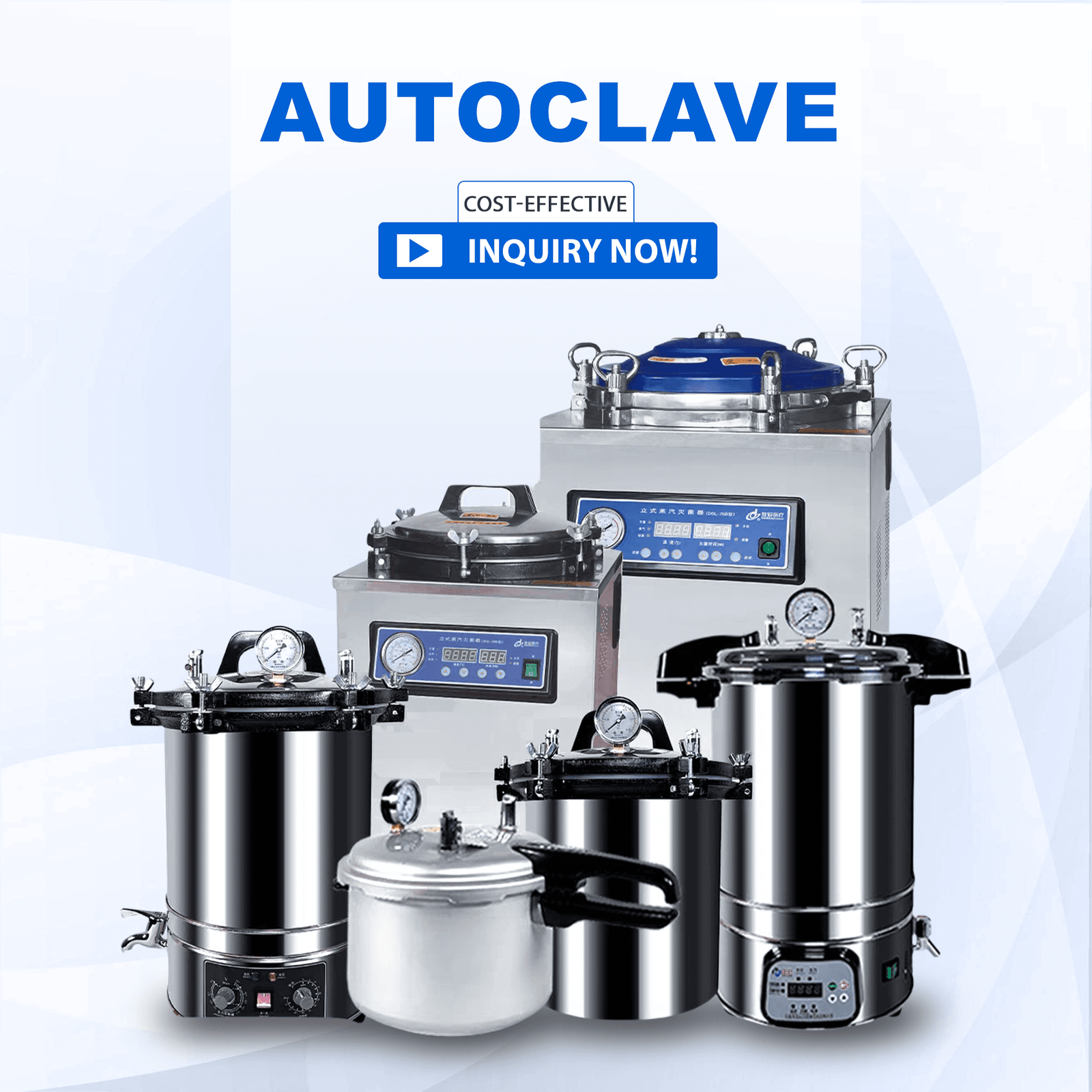
Medicīnas profesionāļi visā pasaulē uzticas autoklāviem kā būtiskiem instrumentiem, lai nodrošinātu medicīnas instrumentu drošību un sterilitāti. Medicīnas ierīču izplatītājiem un iepirkumu speciālistiem ir jāizprot autoklāvu darbības principi un priekšrocības.

Veselības aprūpes sasniegumi nosaka to, ka ir svarīgi, lai medicīniskie instrumenti vienmēr būtu droši un sterili. Medicīnas ierīču izplatītājiem, tirgotājiem un iepirkumu speciālistiem ir jāizprot sterilizācijas metodes, lai varētu efektīvi darboties. Portāls
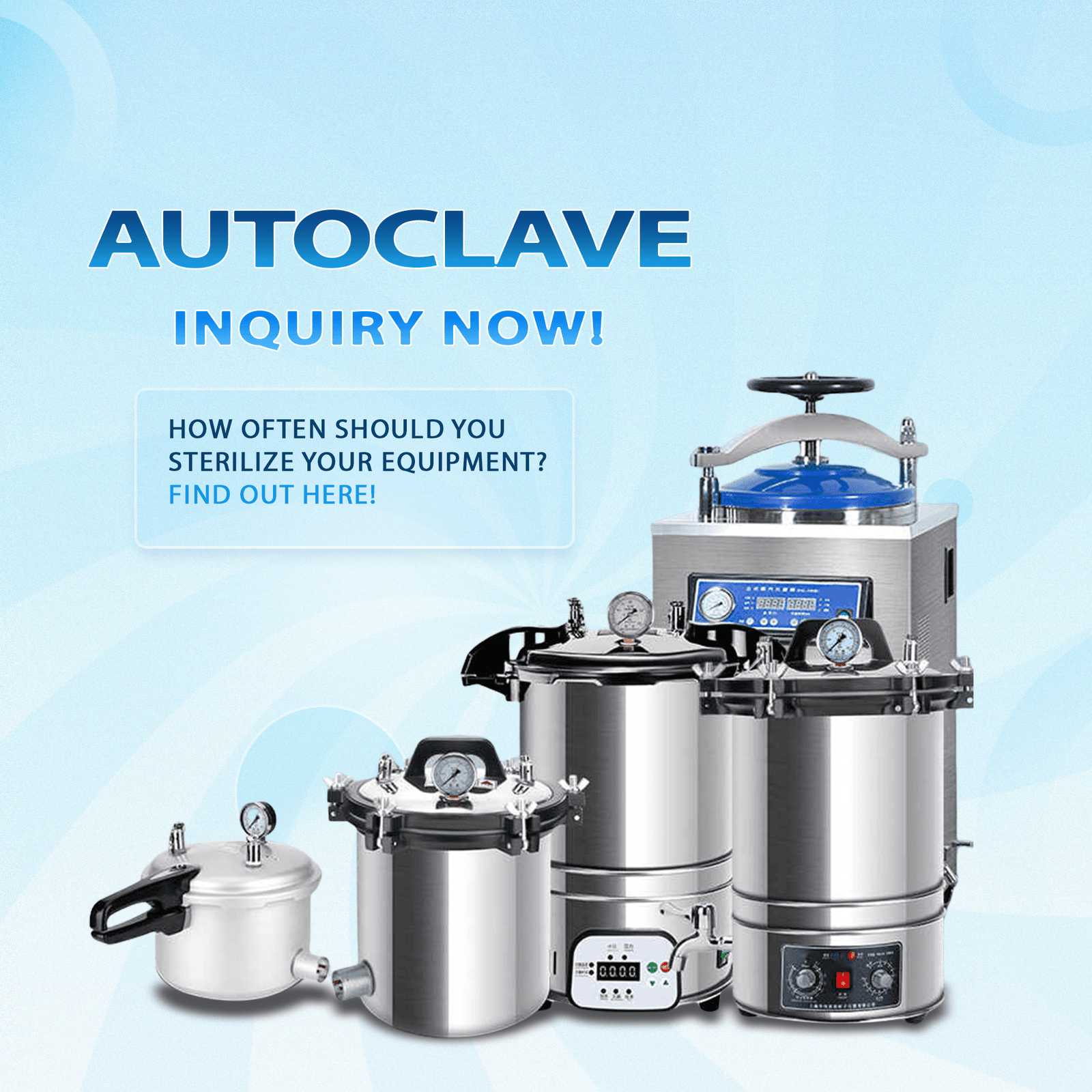
Medicīnisko ierīču un instrumentu sterilizācijai ir nepieciešami autoklāvi, jo tie aizsargā pacientu drošību un veicina atbilstību normatīvajiem standartiem. Vismodernākās autoklāvu sistēmas joprojām saskaras ar zināmiem ierobežojumiem. Medicīnas ierīču izplatītāji,
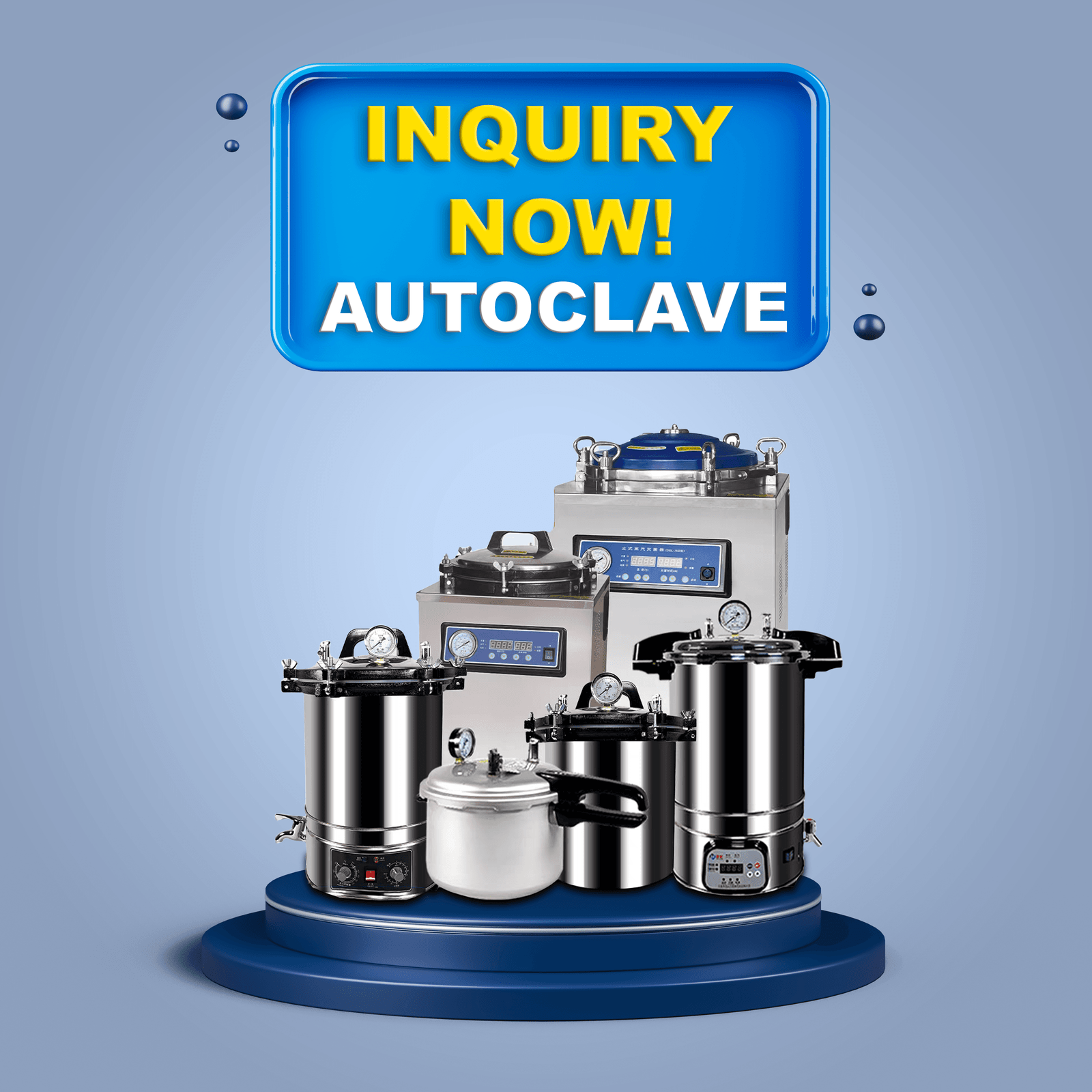
Medicīnisko ierīču ražošanā autoklāvs ir svarīgs aprīkojums, jo tas nodrošina konsekventu sterilizāciju dažādiem instrumentiem un materiāliem. Autoklāvos tiek izmantots augsta spiediena piesātināts tvaiks, lai iznīcinātu baktērijas, vīrusus, sēnītes un citus patogēnus.
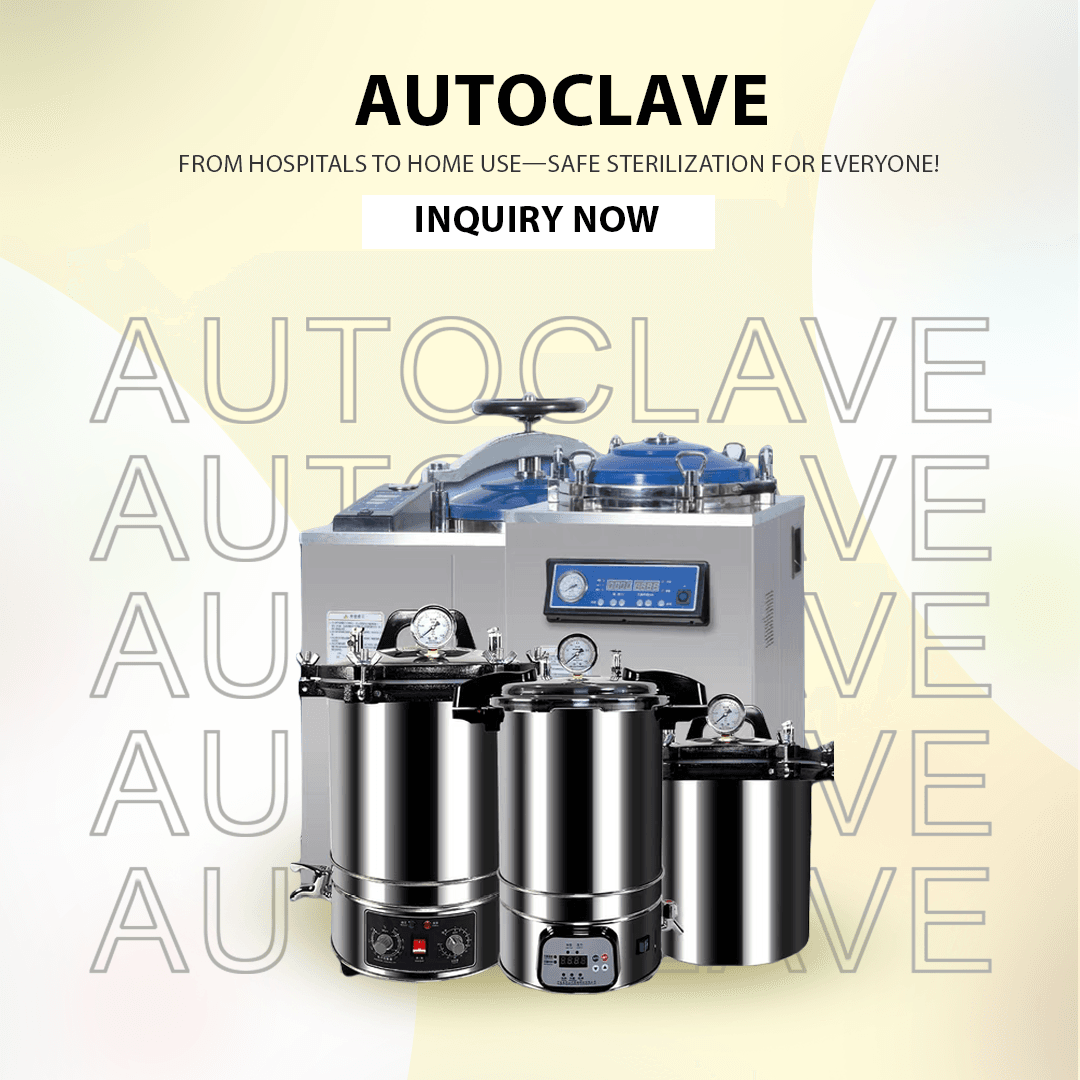
Autoklāvs kalpo kā ļoti svarīga ierīce veselības aprūpē un zinātnē, konsekventi sterilizējot instrumentus un materiālus. Medicīniskā aprīkojuma izplatītājiem, kā arī tirgotājiem un iepirkumu speciālistiem ir jānodrošina autoklāvu darbība.